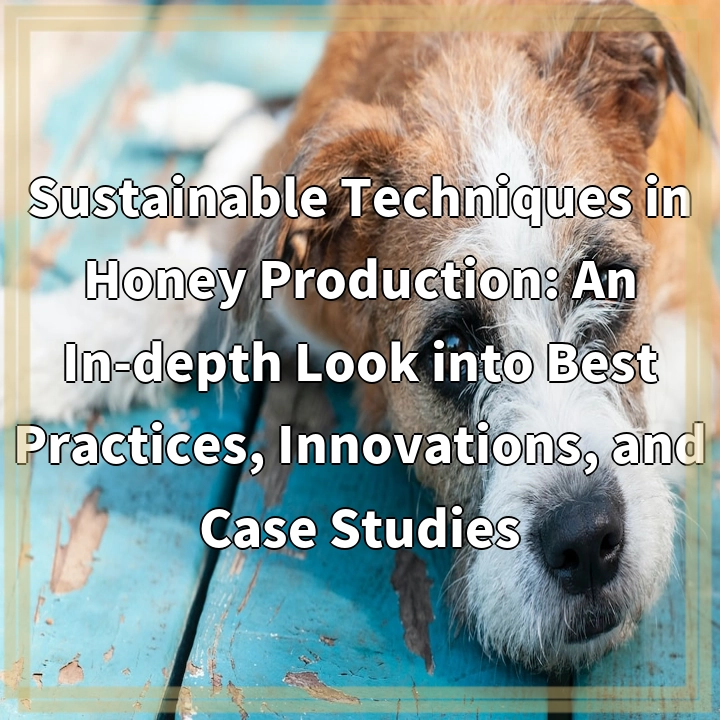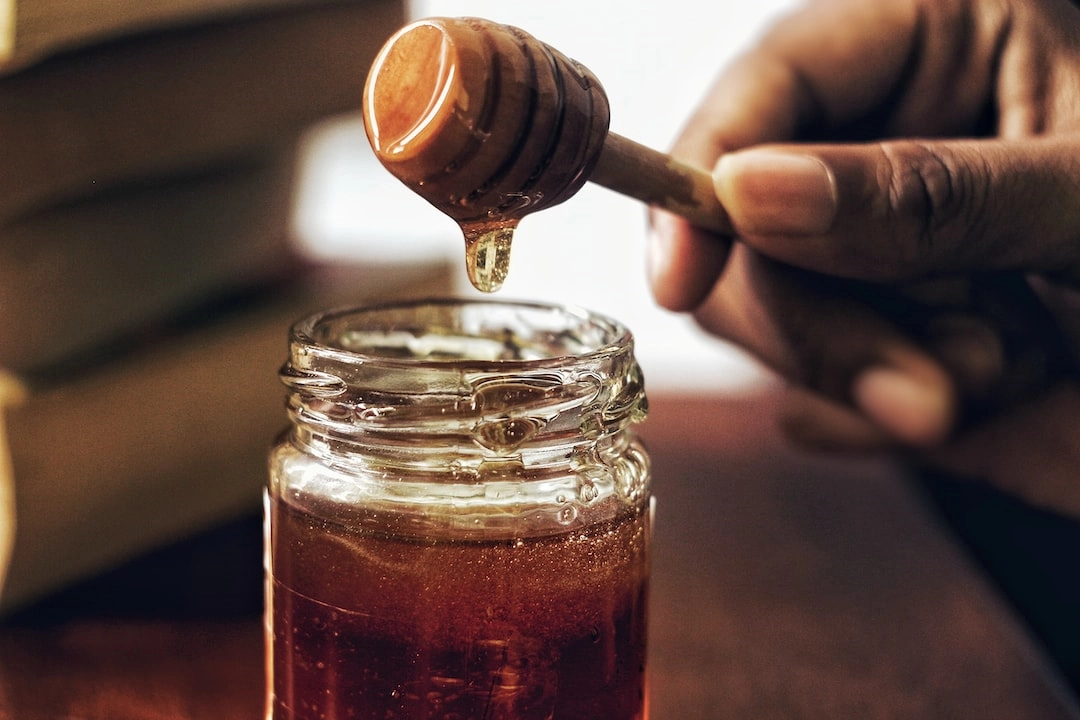
What it is:
Honey production plays a vital role in supporting ecosystems, providing livelihoods for beekeepers, and offering consumers a natural and nutritious sweetener. However, conventional honey production methods often have negative environmental impacts and can compromise bee health. Sustainable techniques in honey production focus on finding solutions to these challenges while promoting the long-term well-being of bees, the environment, and beekeepers.
Real-world problems associated with sustainable honey production:
1. Pesticide Use: One of the significant challenges in honey production is the widespread use of pesticides, which can lead to the contamination of nectar and pollen. Bees may become exposed to harmful chemicals, affecting their health and overall population.
2. Habitat Loss: Deforestation, urbanization, and intensive agriculture contribute to the loss of floral resources, reducing the availability of diverse nectar and pollen sources for bees. This lack of food options can weaken bee colonies and make them more susceptible to diseases and parasites.
3. Colony Collapse Disorder: This phenomenon, characterized by the sudden and significant loss of worker bees in a colony, poses a severe threat to honey production. While the exact causes of colony collapse disorder are not fully understood, factors such as pesticide exposure, habitat loss, and inadequate nutrition have been implicated.
4. Climate Change: As temperatures and weather patterns change, bees face challenges in maintaining their delicate balance. Rising temperatures, extreme weather events, and altered flowering seasons can disrupt foraging patterns, leading to reduced honey production and overall colony health.
5. Bees as a Sentinel Species: Bees are valuable indicators of environmental health. Their decline is often a sign of significant ecological issues such as pollution, habitat degradation, and climate change. Therefore, addressing the problems in honey production becomes crucial not only for bees but also for broader environmental conservation efforts.
6. Beekeeper Sustainability: In addition to issues affecting bees, sustainable honey production also addresses the livelihoods and well-being of beekeepers. This includes fair trade practices, providing access to resources and education, and ensuring the economic viability of beekeeping as a sustainable occupation.

Solutions for Sustainable Honey Production:
There are several solutions and best practices that can promote sustainable honey production and address the challenges mentioned above. These include:
1. Organic and Integrated Pest Management:
Implementing organic farming practices and integrated pest management methods can help reduce or eliminate the use of harmful pesticides. This promotes the health of bees, prevents chemical contamination of honey, and protects the environment.
2. Land Conservation and Habitat Restoration:
Efforts to conserve and restore natural habitats, including planting diverse native flowers, can provide ample nectar and pollen sources for bees. This helps ensure their nutritional needs are met and supports their overall well-being.
3. Research and Education:
Continued research on bee health, colony behavior, and honey production techniques is essential. Sharing this knowledge through education and training programs can empower beekeepers to adopt sustainable practices and make informed decisions.
4. Climate Change Adaptation:
Adapting to the impacts of climate change is crucial for honey production. This can involve relocating colonies to areas with suitable temperatures, implementing shade structures, and diversifying floral resources to adapt to changing flowering seasons.
5. Consumer Awareness and Support:
Raising awareness among consumers about the importance of sustainable honey production and the potential negative impacts of conventional practices can drive demand for ethically-produced honey. Supporting local beekeepers and seeking out certifications such as “organic” and “fair trade” can also contribute to sustainable honey production.
6. Collaboration and Policy Advocacy:
Collaboration among beekeepers, researchers, conservation organizations, and policymakers is crucial to developing and implementing sustainable practices. Advocacy for strong regulations and policies that protect bees and their habitats can help create a more sustainable honey production industry.















